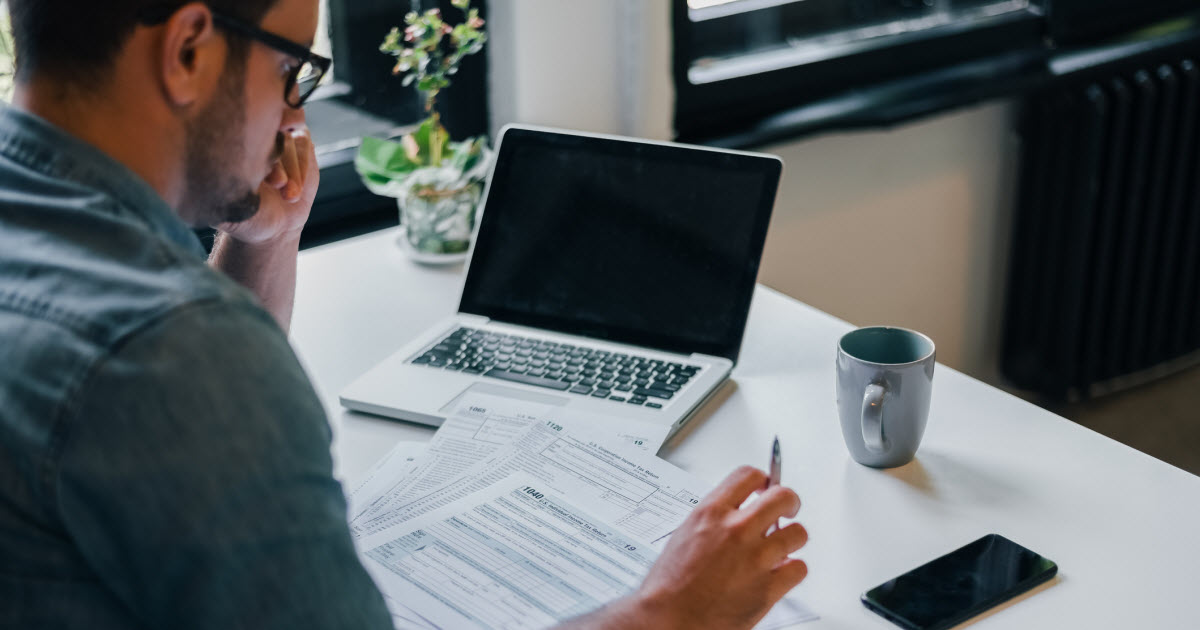What is a dividend?
When it comes to the investment world, there can be a definite, and steep, learning curve. Even if you don't consider yourself an investor, understanding the basics of how some things can affect your personal finances will allow you to make smarter decisions about your money. In this article, we're discovering more about, “what are dividends?" and the role they play in your finances.
How do dividends work?
According to the financial website Investopedia.com, the definition of a dividend is a distribution of a portion of a company's earnings, decided by the board of directors, to a class of its shareholders. Dividends can be issued as cash payments, as shares of stock, or as other property. Simply put, a dividend is a payment of a company's net profits that are made to its shareholders.
To understand how dividends work, it's important to understand how stocks work. Let's say you and your best friend decided to start a small restaurant supply business. To establish ownership, you decide to issue stock - 50 shares to you and 50 to your friend and new business partner - giving you each a 50/50 stock of ownership in the new company. But what happens if a year later you both decide that it's time to grow the business and need the cash to expand?
In this case, you can create new shares of stock and sell them to individuals who are interested in investing in your business (known as shareholders). When your business earns a profit, you can either reinvest those dollars back into your business, or issue dividend payments to your shareholders, who are also considered owners along with you and your friend.
Issuing stocks that pay dividends means that your stockholders are relying on your company to be successful and keep paying dividends. Payment distributions for dividends can be structured as a one-time special dividend or as an ongoing cash flow to all stockholders.
Dividend yield
So, what kind of dividend can you expect a company to pay? The answer to this question lies in the stock's dividend yield. This is the annual per-share dividend payment as a percentage of the stock price on a given date. Here's the formula for calculating it: (Annual per-share dividend payment / Stock price on a given date) x 100 For example, a stock worth $100 today that pays a $1 quarterly dividend will yield 4% in dividend income at that current price and payment rate. Its dividend yield is (4 / 100) x 100, or 4%. However, bear in mind that share prices fluctuate and therefore the dividend yield will change accordingly. Furthermore, dividend-paying companies can raise, lower or even discontinue dividends outright at any time.
How do dividends impact my personal finances?
Dividends can be a valuable contribution to your personal finances. If you have some type of retirement savings account, you're probably receiving dividends. Many retirement accounts include mutual funds that contain a mix of different dividend-generating stocks. When a mutual fund collects the dividends, they share the profit with the fund’s shareholders.
Some companies are more likely to pay dividends than others. A more mature, well-established company that doesn't need to reinvest as much money into business growth will often return value to its shareholders as dividends. Conversely, a young company will often use that money to fuel growth, in the hope that its stock will grow in value over time. Consider whether you want growth or income stocks when planning your portfolio.
Remember to consider the dividend type when investing.
Cash dividends
The most common type of dividend is paid in cash to your investment account or reinvested back into more shares of the company.
Stock dividends
Some companies offer more of their stock instead, which is often not taxed the same as cash. The downside is that the stock's value is linked to the performance of the company and the stock market. Alternatively, companies might operate a dividend reinvestment plan (DRIP), in which they reinvest your cash dividend into additional shares.
Dividend considerations
Dividends are great because they create extra income. However, in many cases that income is taxed at the regular income tax rate, which can affect a person's tax liability. One exception is a qualified dividend, which is taxed at a lower rate but must meet certain Internal Revenue Service (IRS) rules, including being paid by a U.S-based company and being held for a certain length of time.
A company's performance will also affect dividend payments, which may decrease or disappear altogether depending on its financial decisions. This will often depend in part on its cash position (how much cash and other liquid assets it has on hand at a specific time).
Dividends can be an important factor in your investment planning, but you should consider them as part of a broader overall strategy. It's important to regularly review your retirement accounts to discuss the performance of your investments with a qualified financial professional.
* Note: This article discusses dividends received through ownership of shares in stocks and/or mutual funds, not those received from an insurance company as part of a participating life insurance policy.
WEB.4107562.08.22





 To exercise your privacy choices,
To exercise your privacy choices,